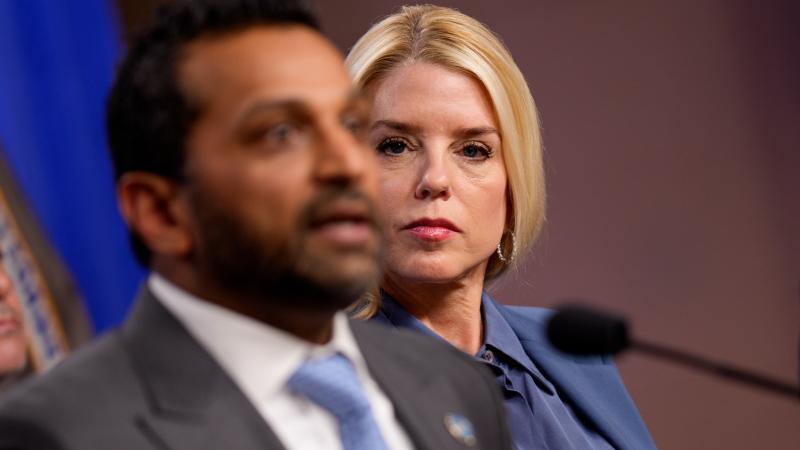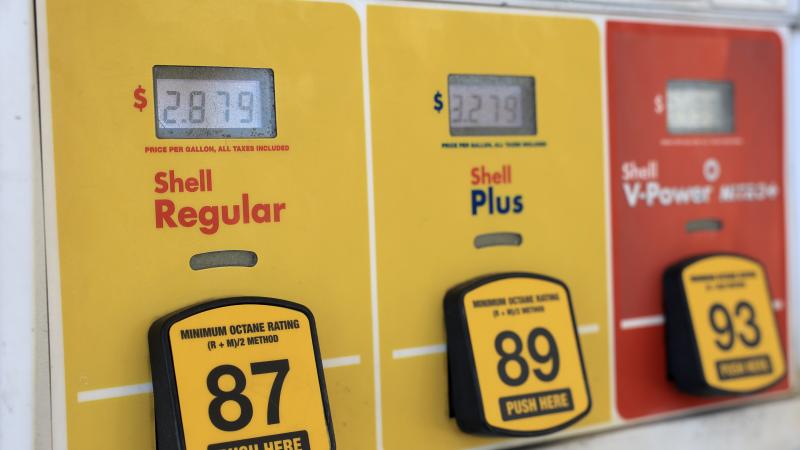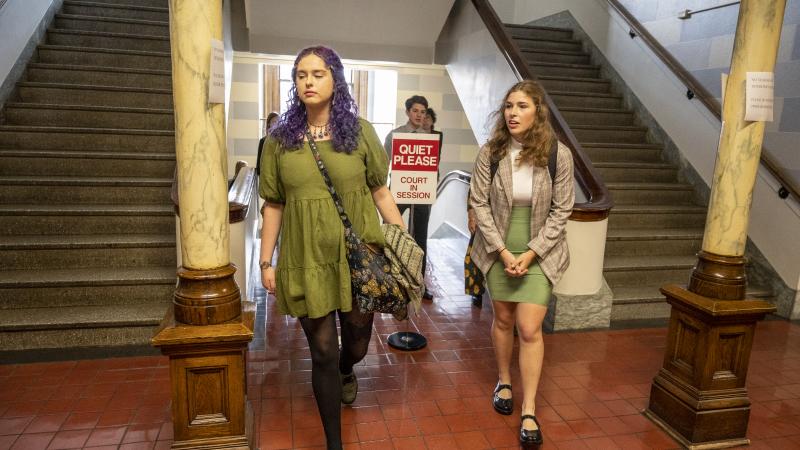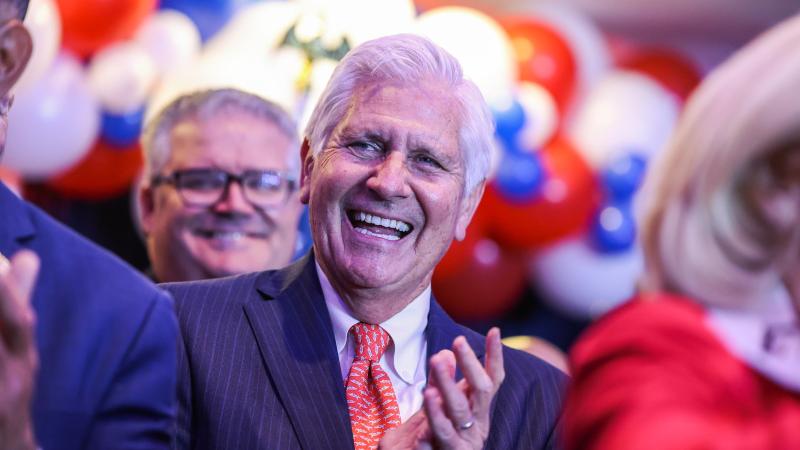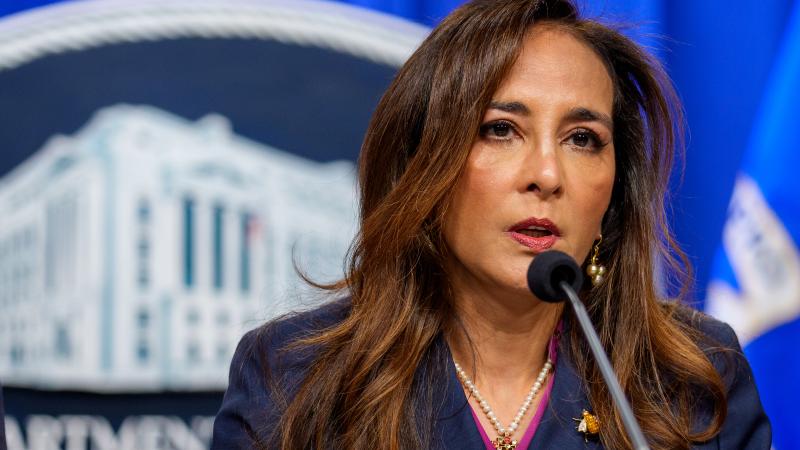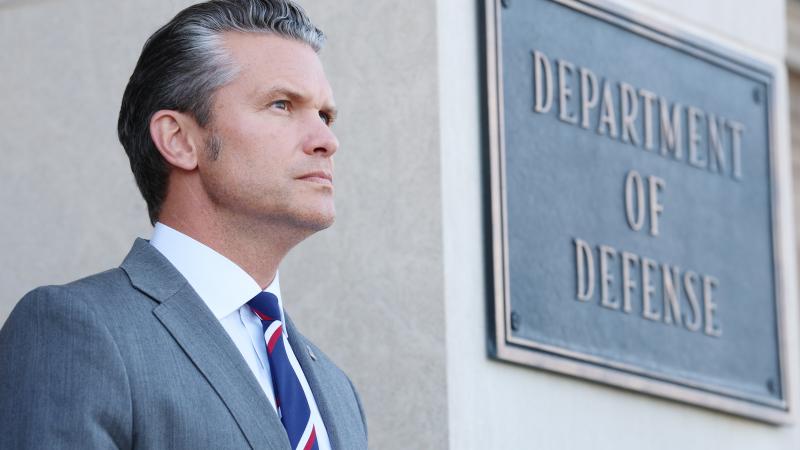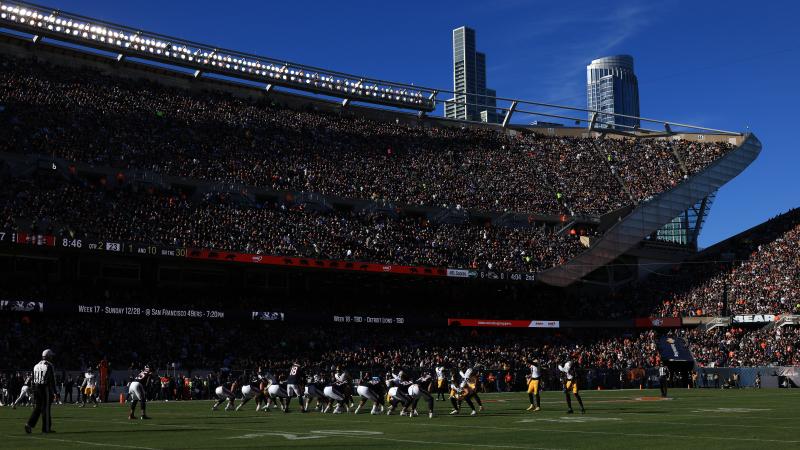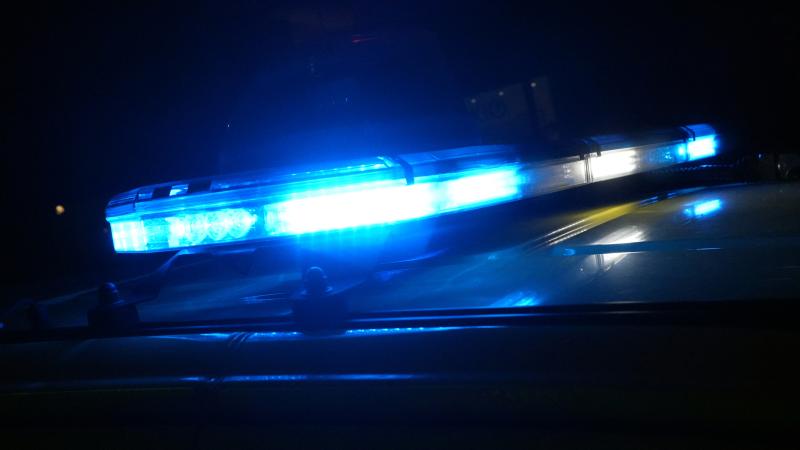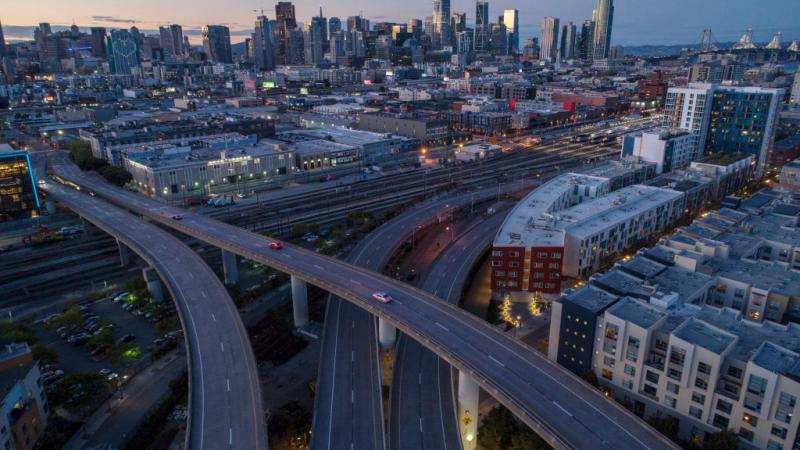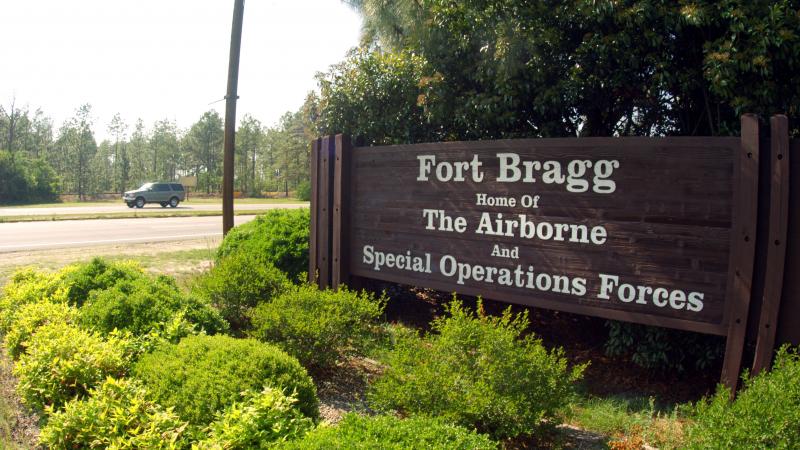Experts split on causes of bad policing: Union meddling or bad management?
'If police unions are going to blindly support the malfeasance of bad actors in their membership, they are participating in the violation of the public trust,' says Council Nedd II, Pennsylvania State Constable for the Ferguson, Pa. Township.
As policymakers and the White House debate police reforms following the death of George Floyd, experts are divided about whether police unions are major stumbling blocks toward policing reform.
Critics say police unions will sometimes create their own type of "rubber rooms," similar to those protected by teachers' unions, that block reforms and keep bad police officers on payroll or transferred to a different division rather than fired or demoted.
Constable Council Nedd II, PhD, is an African-American law enforcement officer who serves as Pennsylvania State Constable for the Ferguson, Pa. Township. "I understand how and why labor unions came into existence, and I am not unsympathetic as to why labor unions are needed in certain sectors of America's workforce," Nedd wrote Just the News in an email. "However public sector employee unions are another matter. Public service is a special calling. Police work is a vocation. If police unions are going to blindly support the malfeasance of bad actors in their membership, they are participating in the violation of the public trust. Not all union members are deserving of blind and ardent support after perpetrating wanton, evil, carless or reckless behavior. Law enforcement is a higher calling with literal lives at stake."
Nedd said he has personally witnessed police quit their shift for the day, "in the middle of a crisis," because their union contract says they are only permitted to work a certain number of hours a day.
"They walk off and leave non-unionized officers at the next post to complete an 18 or 20 hour shift," said Nedd, who is also vice president of the National Constable & Marshals Association, a board member and chaplain of the Fraternal Order of Constables, and a member of the Fraternal Order of Police. "Public service means to put the community's needs ahead of your own."
Conservative activist Grover Norquist reiterated Thursday his oft-stated conviction that police unions are among the features of contemporary law enforcement contributing to the erosion of American civil liberties. "I am opposed to civil asset forfeiture, policing for profit, excessive fines and fees, mandatory minimums, overcriminalization, police unions, laws against inanimate objects and all threats to 2A/4A," Norquist wrote on Twitter.
Manhattan Institute Senior Fellow Daniel DiSalvo, author of the book "Government Against Itself: Public Union Power and Its Consequences," told Just the News that he sees police unions as obstacles toward holding bad officers accountable.
"How much of a stumbling block depends in some ways, how much of disciplinary procedures are governed by the union contract, or governed by state statute," DiSalvo said in an interview. "Many states also have state laws for example, sometimes called 'law enforcement officers' bills of rights' that are in effect that in a way preempt some of the things that are done in collective bargaining contracts. So, it's going to depend on the particular state or instance, but the union's entire incentive is to push for as much job security and job protections for their members as they can. And that's the structure of collective bargaining and state and local government in the United States."
Among unions generally, a powerful tool in collective bargaining is the threat of strikes, which can cripple government services ranging from garbage collection to transportation to schools. Because of this, old-school liberals like New York Mayor Fiorello LaGuardia and AFL-CIO President George Meany opposed public sector unions, even as they strongly supported unionization in the private sector.
That sentiment was shared by President Franklin Delano Roosevelt, the famously liberal president who ushered in massive federal government expansion.
“[M]eticulous attention should be paid to the special relations and obligations of public servants to the public itself and to the Government,” Roosevelt wrote in a 1937 letter. “The process of collective bargaining, as usually understood, cannot be transplanted into the public service.”
For that reason, DiSalvo said, "only one or two states" allow strikes among police, to ensure public safety. While most states allow collective bargaining and wage negotiations among public sector workers, the opposite is the case for the right to strike. Despite the bans on strikes, throughout history there have been cases of illegal strikes by government unions, particularly transit workers.
DiSalvo said the more common tactic among police is what's informally known as the "Blue Flu," when police officers all call in sick on the same day to send a warning shot across the bow.
"Usually they don't last very long, they're meant to usually send the message," DiSalvo said. "It's not like they last for weeks and weeks and there's a crime spike in the meantime. That's not usually how this works. These are sometimes called the 'labor language job actions,' and they usually just take a couple of days."
However, Bernie Kerik, former commissioner of the New York Police Department, told Just the News that he sees bad policing, including officers who repeatedly violate public trust, as a reflection on poor police administrators, not unions representing rank-and-file cops.
"I’ve noticed this before, there’s all this union blame," Kerik said in an interview. "At the end of the day, it’s all about management. The unions don’t manage departments."
Kerik recalled that he illustrated this principle to his direct reports by pointing to an NYPD organizational chart and noting that the police labor unions were not present, meaning that they ultimately don't dictate departmental outcomes.
"I don’t look at the unions as opposition," Kerik said. "The key is to make sure you have a system that flags your misconduct or alleged misconduct so you get to see it, so you know that it’s possibly out there.
Kerik said protections already exist to hold malfeasant police officers accountable.
"It’s called the law," Kerik said. "A cop is not supposed to use excessive force. If any other cop sees that, he should take action."
Kerik said that based on the video of Floyd's death the three officers assisting former officer Derek Chauvin, who pressed his knee into George Floyd's neck, should have been trained to restrain Chauvin.
"They had an obligation to stop him," Kerik said.




